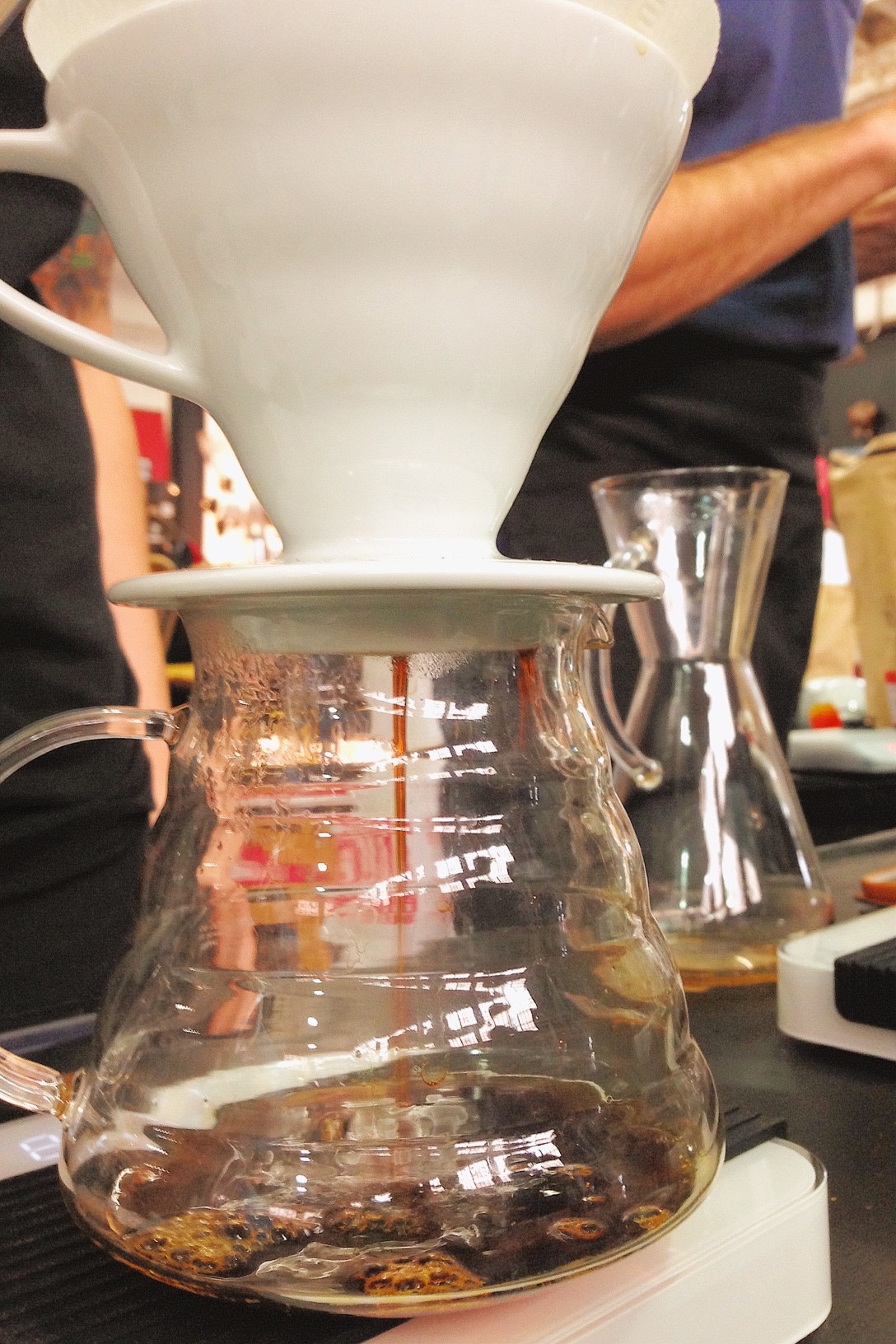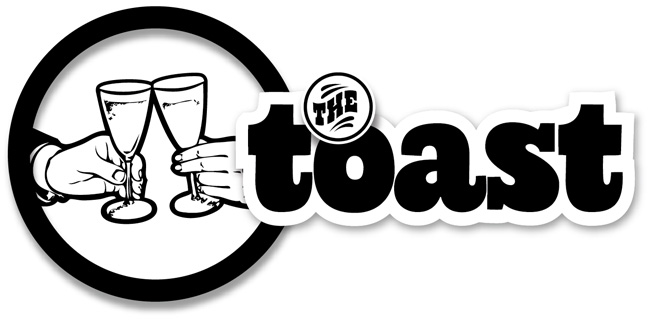 This month’s toast features a day’s worth of beverages, from the morning’s designer espresso, served by competing baristas, to three varieties of refreshing Prohibition Kombucha. We cap off the evening with a cask brew from LynLake Brewery.
This month’s toast features a day’s worth of beverages, from the morning’s designer espresso, served by competing baristas, to three varieties of refreshing Prohibition Kombucha. We cap off the evening with a cask brew from LynLake Brewery.
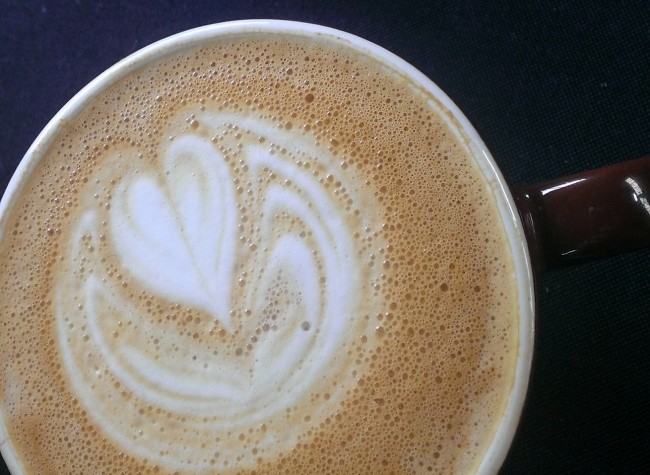
Coffee Contenders Serve it Up
Minneapolis was extra caffeinated this month, as Northeast played host to the three-day Big Central Regional Barista Competition. The event is one of the qualifying rounds on the road to the final tournament, the US Barista Championship. During this national throwdown, the top six craftspeople from each region go cup-to-cup to vie for the prestigious trophy.
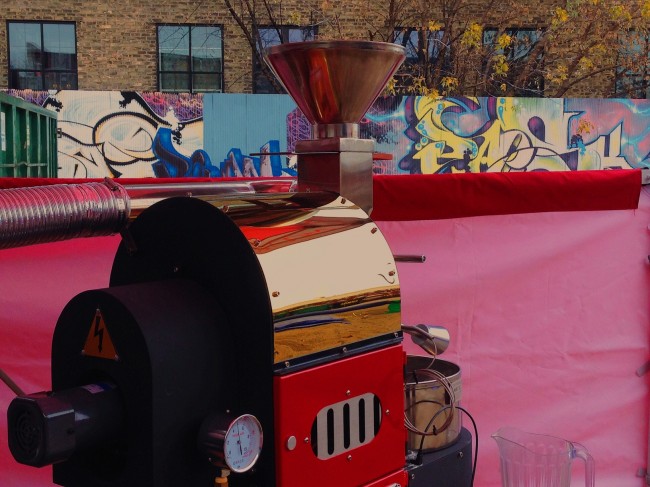
Coffee contenders are rigorously screened before the competition, and the numbers are kept small. The Big Central region, drawing from the middle of the country, had 43 competitors, including a few from companies with home-field advantage: Dunn Brothers Coffee, Spyhouse Coffee Roasters, and St. Peter’s River Rock Coffee.
In three coffee courses in fifteen minutes, the competitors were challenged to impress seven judges through their execution and presentation. While taste was the focus, the baristas also spoke during the service about their creations and inspiration. The first course was espresso; the second was cappuccino; and each round finished with a signature drink.
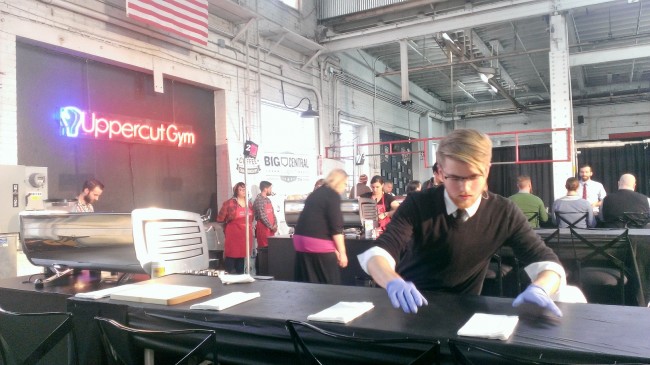
Espresso service is a spectator sport. Audience members had clear favorites, and like clockwork, cheers would erupt every fifteen minutes, as each contender concluded by speaking the word, “Time.” The backdrop of Uppercut Gym created a miniature stadium feel as sponsors, vendors, and educators gathered to present products and information to discerning palates throughout the three days. The local tradesmen of Mill City Roasters performed live demonstrations outside, and various equipment workshops brought consumers behind the curtain.
In addition to creating palpable excitement within the audience, Big Central brings attention to the host city’s coffee scene and local talent. It offers a venue for fellowship and networking among aficionados from places like Chicago, Dallas, Madison, and St. Louis.
The highest-ranking Minnesotan was Helena Shanks from River Rock Coffee, who finished ninth. For results and more details about the final round, visit USCC.
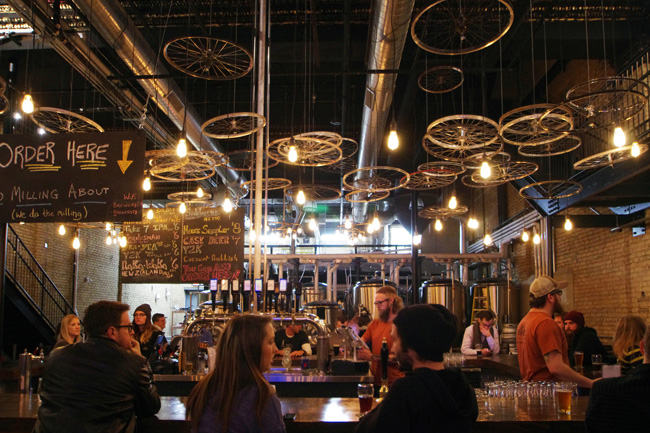
LynLake Brewery Delivers Flavor By the Cask
There are perhaps no more-devoted fans than those of cask beer. Ale that appears like room-temperature, under-carbonated mud to the unsuspecting eye is considered nectar to this dedicated bunch. Rather than being force-carbonated and chilled, cask beer is naturally re-fermented in the vessel and is served at cellar temperature, unfiltered.
Beer served on cask is commonplace in some areas (particularly England), and was once quite rare in the U.S. The rise of craft beer has also led to a rise in public interest in styles and techniques, making cask beer a welcome new offering in many American taprooms and beer bars.
As of October, Minnesotans have been able to enjoy two rotating cask beers at the new LynLake taproom on the east side of Uptown. Joel Carlson, the head brewer, was once an apprentice to Bob DuVernois, the former cask curator of Great Waters, and has more recently brewed under Town Hall’s Dave Hoops. Following in the footsteps of these mentors, Carlson is not shy about his passion for cask.
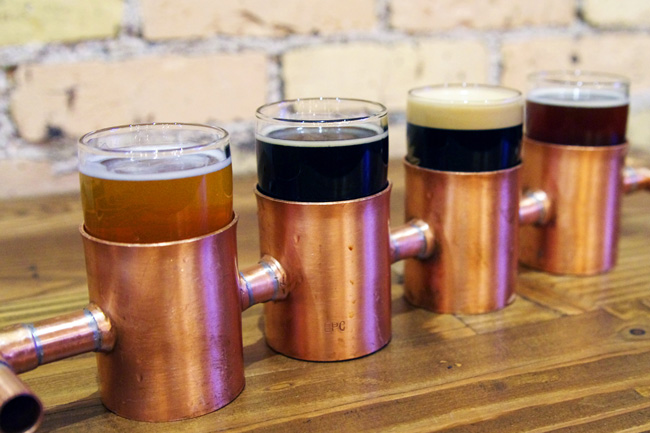
It is fairly easy to serve poor cask beer for a number of reasons. Chief among them is spoilage. The vessels must be turned over very quickly, since the tap mechanism allows air to enter. On the positive side, rapid turnover means more variety for cask devotees, and often more creativity on the part of the brewer. Many brewers curate their cask program with the intention of showcasing infusions or other one-off beers, and this is true for LynLake.
Two distinctly different cask beers were available during our visit: the Y2K hoppy black ale and the Coconut Rubbish, an oat amber with fresh coconut flesh added to the container after fermentation.
The dark and heady Y2K presented more carbonation than expected, which accelerated the hop presence in the glass. Although the aroma was fairly strong, it was somewhat monochromatic, with strong notes of mustiness and stale earth. Some pleasant dark malt came through in the taste, but overall this beer was disappointingly one dimensional, described as “attic” by one taster. Opt for this hoppy black on the traditional CO2 line, where it delivers a more approachable and varied bouquet, including some resin and pine.
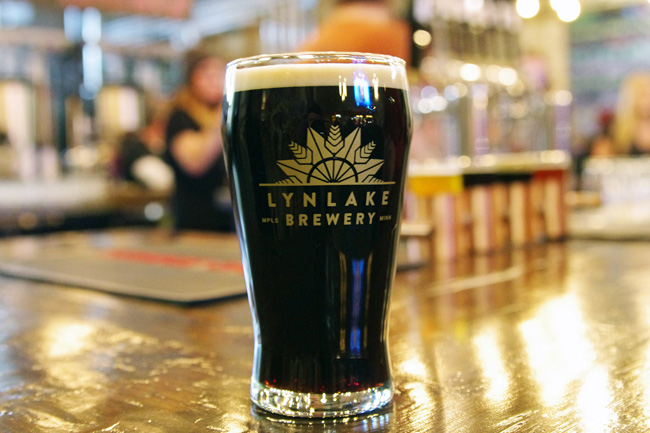
The taste of Coconut Rubbish is far more divisive; its pronounced coconut flavor is sure to woo some and alienate others. Despite the sweet, toasted-malt character on the nose and tongue, the coconut element comes across as curiously savory, almost like a Thai soup. The oats make up 16 percent of the mash and add a pleasant slickness in spite of the relatively thin nature of the beer. Some early and late hop additions would dramatically ameliorate the lack of balance, but coconut lovers are sure to cherish this cask beer, which presents itself as a sweet brown ale.
LynLake is an enjoyable place to visit due to its creatively decorated space and extensive menu. They encourage takeout from neighboring restaurants and sport a beautiful patio. LynLake began brewing in September and opened to the public in October, and some of their beers are inconsistent from visit to visit, as is the service, and even their hours. We enjoy many individual beers plus the cask emphasis, but wonder if putting eight selections on during month one has spread attention too thinly for this operation that can barely keep up with demand.
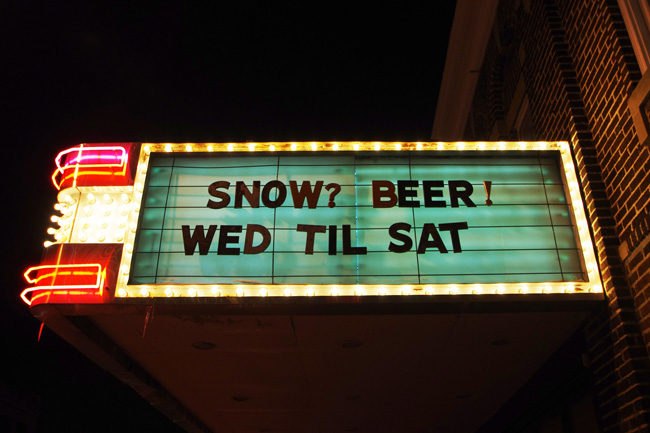
LynLake Brewery 2934 Lyndale Ave S, Minneapolis, MN; 612.224.9682; hours vary weekly, currently Wed-Thu 5-11pm, Fri 4pm-1am, Sat 12pm-1am, Sun-Tue CLOSED
Prohibition Kombucha joins the Verdant family
New to the Verdant Tea family is the Twin Cities’ first line of draft kombucha, which is available in growlers and bottles. Prohibition Kombucha has a debuted a well-rounded line of the sweet-tart sparkling beverage using only cane sugar, Chinese tea, and a duo of microorganisms.
Discerning kombucha drinkers will be pleased to find complexity of flavor in all three varieties: Elderflower Juniper Ginger, Taiwanese Guava, and Lychee Jasmine. Each flavor tastes distinct, with all juices and botanicals being added after primary fermentation. Very little filtration takes place, according to master brewer and co-owner Nate Uri — just enough to remove large, unappealing chunks, while leaving the live yeast and bacteria intact.
Those who prefer more tart varieties will prefer the guava, as the tropical fruit nose gives way to significant pucker. The Elderflower Juniper Ginger, on the other hand, is moderately sweet. The elderflower leads but each sip finishes with a significant ginger zing. Our favorite was the Lychee, which has a remarkably distinct nose and a bright grapefruit aftertaste. Pair a glass of the lychee or guava with vanilla ice cream or ripe Camembert. A robust butternut squash soup would work well with the ginger option.
Prohibition Kombucha exists as a co-op of sorts, Uri explains, with Verdant Tea owning half the company. The team also lends space to Tree Fort Soda. Growlers of the kombucha can be purchased at the Seward and Lakewinds co-ops and at Verdant Tea, but the product can be found in several restaurants in the Twin Cities. Kowalski’s and United Noodles will soon be selling 12-oz. bottles.

